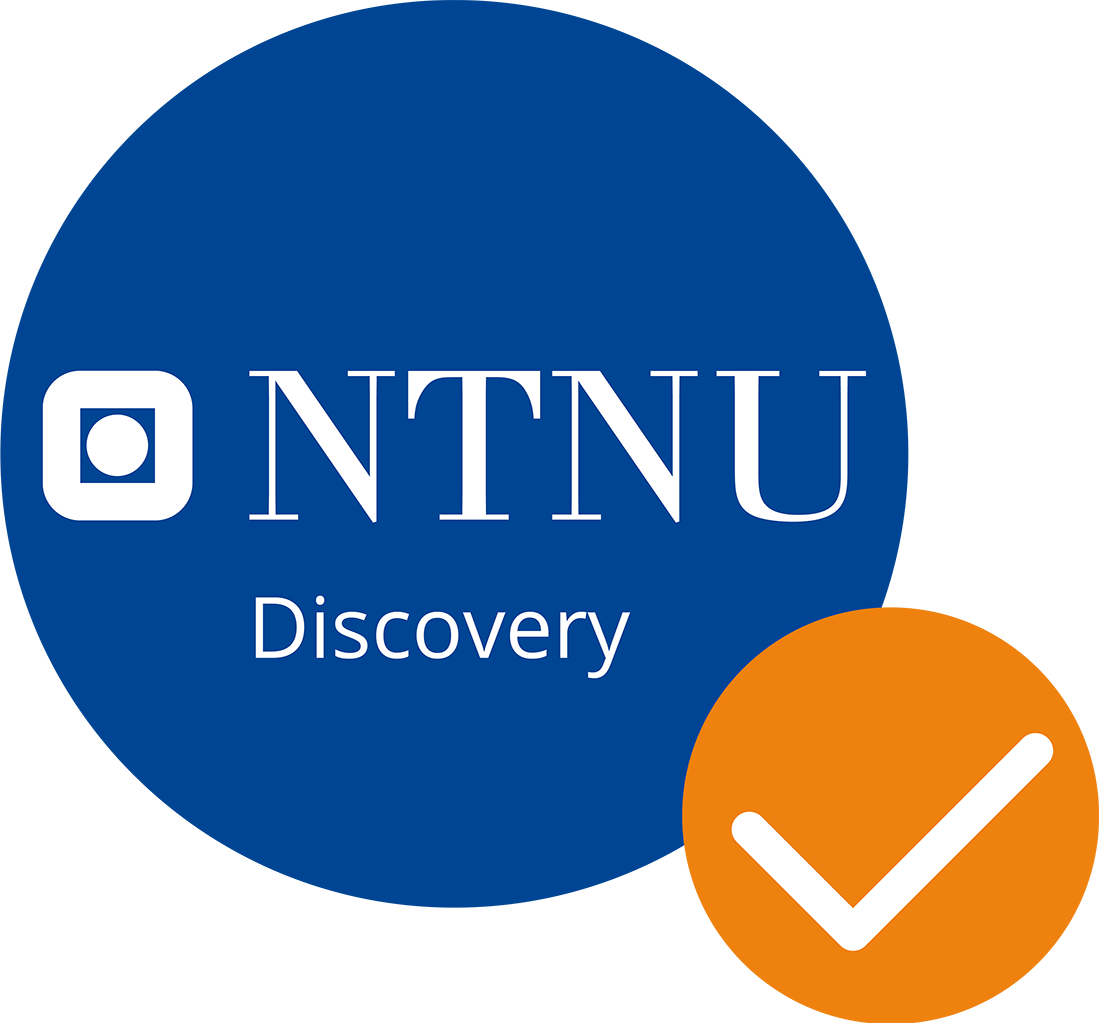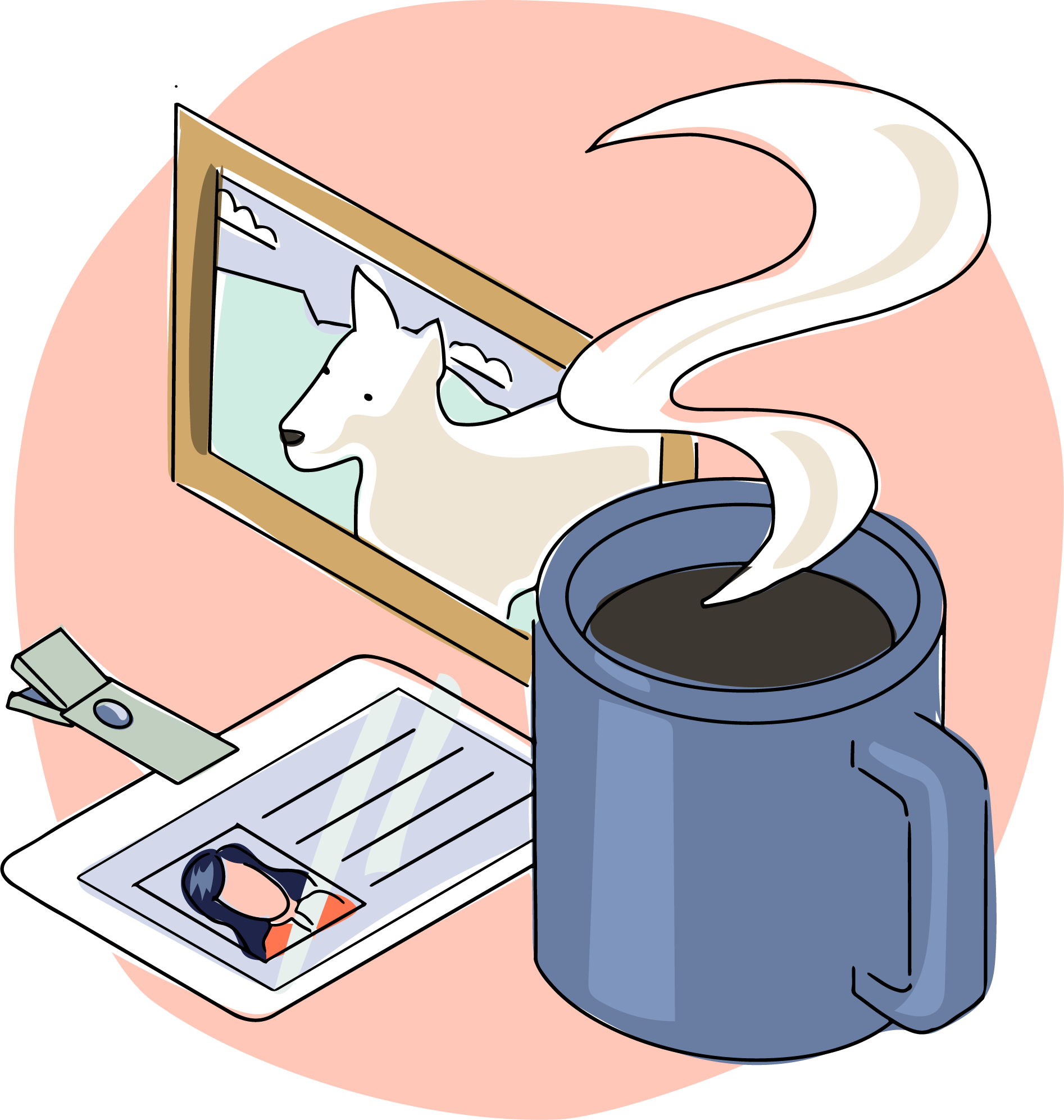
Utvikler bedre verktøy for diagnostikk av prostatakreft
Tekst: Per-Steinar Moen (Infinitiv)
Ved hjelp av kunstig intelligens har forskere ved NTNU utviklet et verktøy som kan gjøre diagnostikk av prostatakreft bedre og mer effektivt.
Tone Frost Bathen er professor i MR-teknologi ved NTNU og leder forskningsgruppen som arbeider med å utvikle PROVIZ, en programvare som analyserer MR-bilder på jakt etter mulige kreft.
– PROVIZ er et akronym for «prostate cancer vizualisation». Vi bruker kunstig intelligens og maskinlæring til å lage sannsynlighetskart over kreftsvulster i prostata, sier hun.
Vanskelig diagnostisering
Prostatakreft er vanskelig å diagnostisere. En sikker diagnose gjøres kun etter et kirurgisk inngrep i form av vevsprøve.
Siden 2015 har prostatakreftpasienter hatt et pakkeforløp som inneholder en standardisert diagnostiserings- og behandlingsvei. Med mistanke om prostatakreft blir det først utført en MR-undersøkelse. Radiologen undersøker de nærmere 20 MR-bildene og markerer manuelt mistenkelige områder i prostata.
Hos urologen fusjoneres MR-bildene med sanntids ultralydbilder for å ta en vevsprøve fra det aktuelle området i prostata. Denne vevsprøven blir undersøkt for kreftceller av en patolog.
Å ta en vevsprøve av prostata kan gi alvorlige infeksjoner og plager. Derfor er det viktig at beslutningsgrunnlaget til radiologen er så bra som mulig for å unngå unødvendige inngrep, men samtidig avdekke pasienter som faktisk har kreft.
– Vårt problem som radiolog er at MR-bilder er ganske gode, men ikke perfekte. I dag bruker jeg kun mine øyner og min hjerne når jeg undersøker MR-bildene. PROVIZ vil kunne gi meg et bedre beslutningsgrunnlag, slik at vi kan gi urologen bedre veiledning i hvor biopsien skal bli utført, sier Sverre Langørgen, radiolog og medoppfinner på St. Olavs hospital.
Verdifull helsedata
Innføringen av pakkeforløpet for prostatakreft har ført til at det systematisk har blitt lagret MR-bilder, analyse av vevsprøver og annen pasientinformasjon fra prostatakreftpasienter siden 2015 i Norge, som ett av de første landene i verden. Den selvlærende modellen til PROVIZ tar utgangspunkt i dette datagrunnlaget når den blir opplært i å tolke MR-bildene.
– For å trene modeller, trenger vi gode data – og mye data. Da vi bestemte oss for at dette var noe vi skulle bli gode på, samlet vi inn et stort datasett. Metoden vi bruker kan overføres til andre områder, men det krever mye data, sier forsker Alexandros Patsanis, som arbeider med å utvikle og forbedre modellen som leter etter prostatakreft.
Datagrunnlaget vil i framtiden bli større og bedre.
– Vi har gode muligheter til å følge pasientene over tid og vi kan gå tilbake å se hva som faktisk skjedde med dem. Denne dataen vil hjelpe oss å forbedre teknologien, sier Tone Frost Bathen.
Konsepttest
Forskingsgruppa på NTNU og St. Olavs hospital er riktignok ikke alene om å bruke kunstig intelligens i analyse av MR-bilder av prostata. Likevel mener Tone Frost Bathen at de har en fordel. I over 15 år har hennes fagmiljø ved Institutt for sirkulasjon og bildediagnostikk arbeidet tett med St. Olavs hospital for å forbedre MR-teknologien. De har en radiolog i forskningsgruppa som daglig arbeider med å analysere MR-bilder.
– Vi vet hva radiologene trenger, sier Tone Frost Bathen.
I første omgang skal det gjennomføres en konsepttest på St. Olavs hospital. Målet er å få teknologien integrert med eksisterende bildearkivsystemer på sykehuset, videreutvikle et grafisk grensesnitt og forbedre modellen.
Fortsatt et stykke igjen
Tone Frost Bathen tror det bør være mulig å få teknologien ut i markedet i løpet av fem år, hvis testen på St. Olavs hospital viser at den fungerer i praksis. Kundene vil i hovedsak være radiologi- og urologiavdelinger på sykehus.
Forskningsgruppa har i samarbeid med NTNU Technology Transfer søkt om patent for oppfinnelsen og vurdert ulike modeller for kommersialisering, enten ved å lisensiere teknologien til aktører på markedet eller starte et eget selskap.
Før intervjuet er ferdig, må radiolog Sverre Langørgen haste videre til arbeid på sykehuset. Tone Frost Bathen håper teknologien vil gjøre det lettere for radiologer som han til å avdekke prostatakreft.
– Det vil være en del arbeid med å generalisere teknologien på tvers av sykehussystemer og befolkningspopulasjoner, sier hun.
I motsetning til Sverre Langørgen, så kan jo teknologien med noen tilpasninger kunne brukes over hele verden.
– Sverre er ikke skalerbar, det tar tid til å bli en god radiolog, sier hun.
PROVIZ har fått 200 000 kroner fra NTNU Discovery til å verifisere teknologien gjennom konsepttest på sykehuset.
Andre nyheter
4,6 millioner til «morgendagens helter»
«Da synes jeg vi skal gi alle sammen en skikkelig applaus. Det her er morgendagens helter», utroper prorektor Torill Hernes foran en hundretalls på Havet på halvårlige arrangementet Tech, Hugs & Rock ‘n’ Roll på Havet 6. juni, hvor hele Trondheims oppstartsmiljø og digitaliseringsminister Karianne Tung var samlet.
Sommer i Tyrol
Coline Senior byttet ut strandliv i ferien med fem hektiske dager på IECT sommerskole for akademiske entreprenører i Wattens i Østerrike.
Skaper overskudd av overskudd
Sparebank 1 Midt-Norge (SMN) har vært en sentral partner for NTNU Discovery siden oppstarten i 2011. Banken har bidratt med årlige millionbeløp for å videreutvikle ambisiøse idéer fra ansatte og studenter på NTNU og Helse Midt-Norge.
Fra bar bakke til nye høyder
Aviant ønsker å være først og størst når framtiden blir levert med drone.
Ny søknadsfrist for hovedprosjekt 2024
Du kan nå søke om støtte til hovedprosjekt med inntil 1.000.000 kroner for ansatte og 300.000 for studenter. Første søknadsfrist i 2024 er 15. mars.
Kontakt:
Prosjektleder
Jan Hassel
Epost: jan.hassel@ntnu.no
Telefon: 906 53 180
Kontor: Hovedbygget, sokkel
Håvard Wibe
Epost: havard.wibe@ntnu.no
Telefon: 41 47 37 68
Kontor: Hovedbygget, sokkel



